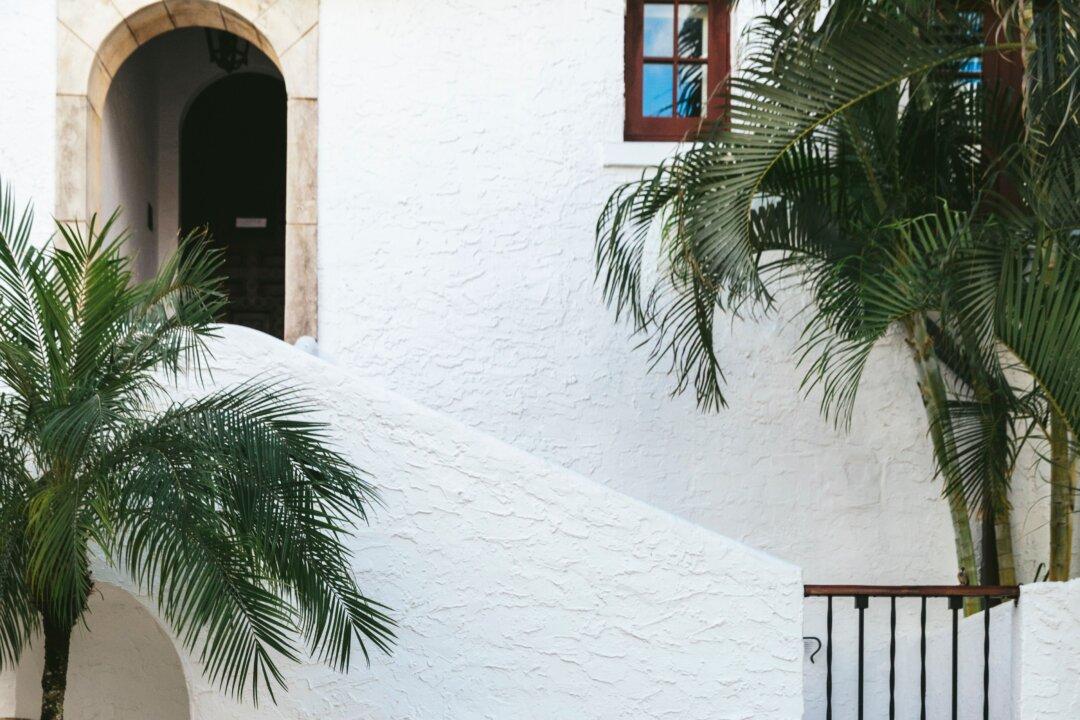From the time I learned to read, libraries have been a sanctuary. As an adult, I have made my way with words, writing magazine articles and a few books. So, when I recently moved to a small neighborhood in Southwest Portland, Ore., I became fascinated by the number and variety of boxes located throughout the community where people drop off and pick up free books.
There are more than a dozen of these Little Free Libraries. They range from fairly simple wooden boxes, with one or two shelves and a sturdy door with a clear plastic window, all the way to, at the mouth of the neighborhood’s business district, a replica of a red London phone booth in miniature with three layers of bookshelves. And they are as different on the inside as out.





